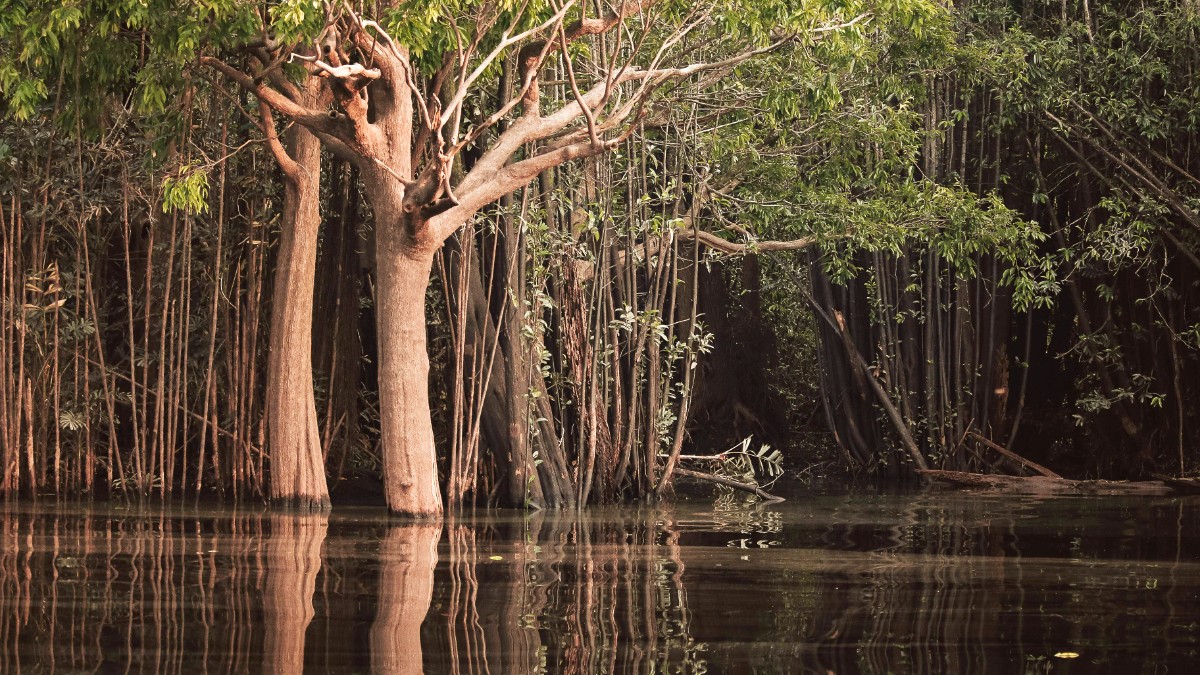
Amazon Basin, Colombia
A significant protected area located upriver from Leticia.
A non-profit organization dedicated to the conservation of Amazonian aquatic ecosystems.
Many private or community-run reserves around Leticia play a role in local conservation efforts.
Minimize your environmental footprint through responsible practices.
Waste management in Leticia is basic. Recycling infrastructure is limited or non-existent.
Responsible water use is encouraged. Consider offsetting your flight emissions.
Choose accommodation options committed to sustainability and low-impact tourism.
Support operators prioritizing ethical wildlife viewing and community benefit.
For sustainable outdoor apparel and gear, explore options from companies like Patagonia.
Shop PatagoniaMinimize waste by bringing reusable items, found at stores like Package Free Shop.
Explore Reusable ItemsBe a conscious traveler. Leave no trace, take nothing but photos, and leave only footprints.
Your interactions directly influence the preservation of local cultures.
Approach people respectfully. Ask permission for photos. Bargain politely for crafts.
Be mindful of privacy. Some rituals or private spaces might be off-limits for photography.
Your travel choices have a direct economic impact on local communities. Support the local economy directly.
Support community-based tourism initiatives for direct economic alternatives.
Buy handicrafts directly from communities or shops that support local artisans with fair prices. Consider The Rainforest Site.
Eat at local restaurants, shop at local markets, use local guides and transportation.
Your travel choices directly support local economies. Choose wisely to benefit residents directly.
Travel responsibly to prevent negative impacts on local communities and wildlife.
Avoid tours with unethical animal interaction, like holding sloths or forced monkey encounters.
Avoid giving money directly to children who beg. Report suspicious activity related to sexual exploitation.
If you wish to contribute beyond direct spending, research local NGOs or community projects.
Look for local non-governmental organizations or community projects focusing on education, health, or sustainable development.
Your guide or a reputable eco-lodge might recommend specific projects for support.
Donate to established organizations rather than giving money to individuals who approach you directly.
For any urgent situations or suspicious activity, contact local authorities promptly.
Your presence here is a privilege. Be a conscious traveler. Leave no trace.